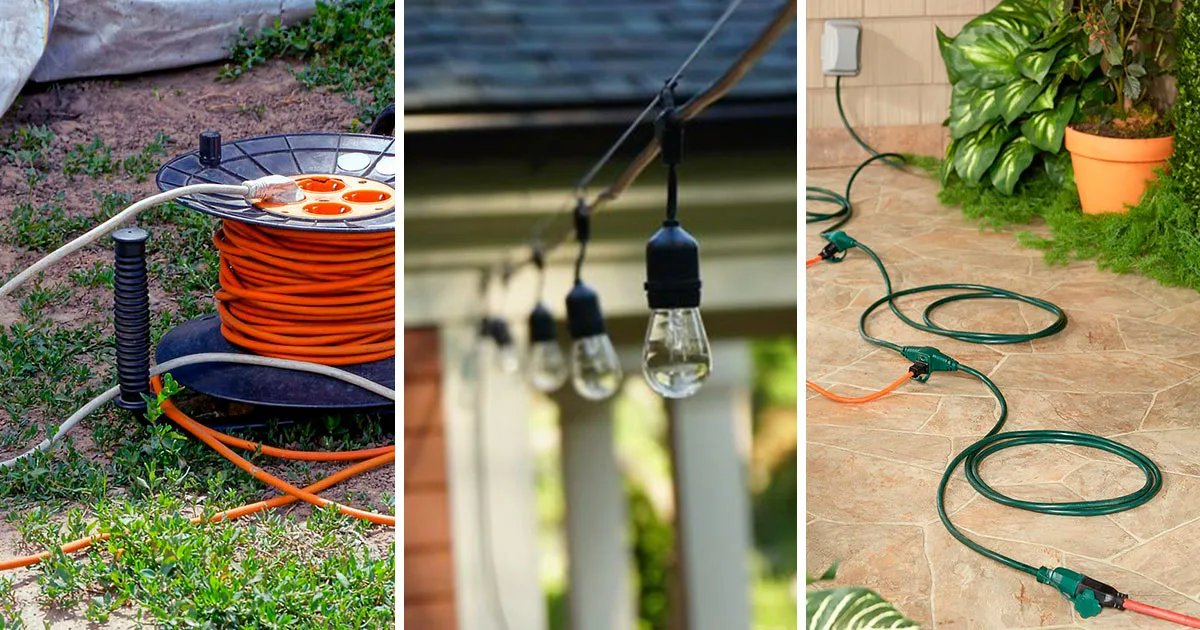Outdoor extension cords are a vital but often overlooked element of our outdoor setups, particularly during festive seasons or DIY home projects. However, using an incorrect or substandard cord can lead to significant risks, including damage to your devices, electrical shocks, or even fire hazards. Moreover, a cord that’s not rated for the power demands of your holiday lights can overheat, leading to similar risks. Therefore, it’s crucial to choose the right outdoor extension cord, ensuring it’s weather-resistant and able to handle the load of your outdoor Christmas lights.
This way, you keep the holiday cheer alive, while prioritizing safety and durability. In this blog, we’ll delve into the importance of choosing the right outdoor extension cords, the dangers of improper use, and practical tips for safe and efficient usage.
Extension Cord Types For Outdoor Power Needs
Extension cords are an essential tool for various applications ranging from outdoor lighting to powering heavy-duty equipment. The most common types include general-use and outdoor extension cords. General-use extension cords are perfect for indoor appliances but may not withstand harsh weather conditions. On the other hand, outdoor extension cords are designed to be weather-resistant, making them suitable for outdoor holiday lighting and garden equipment.
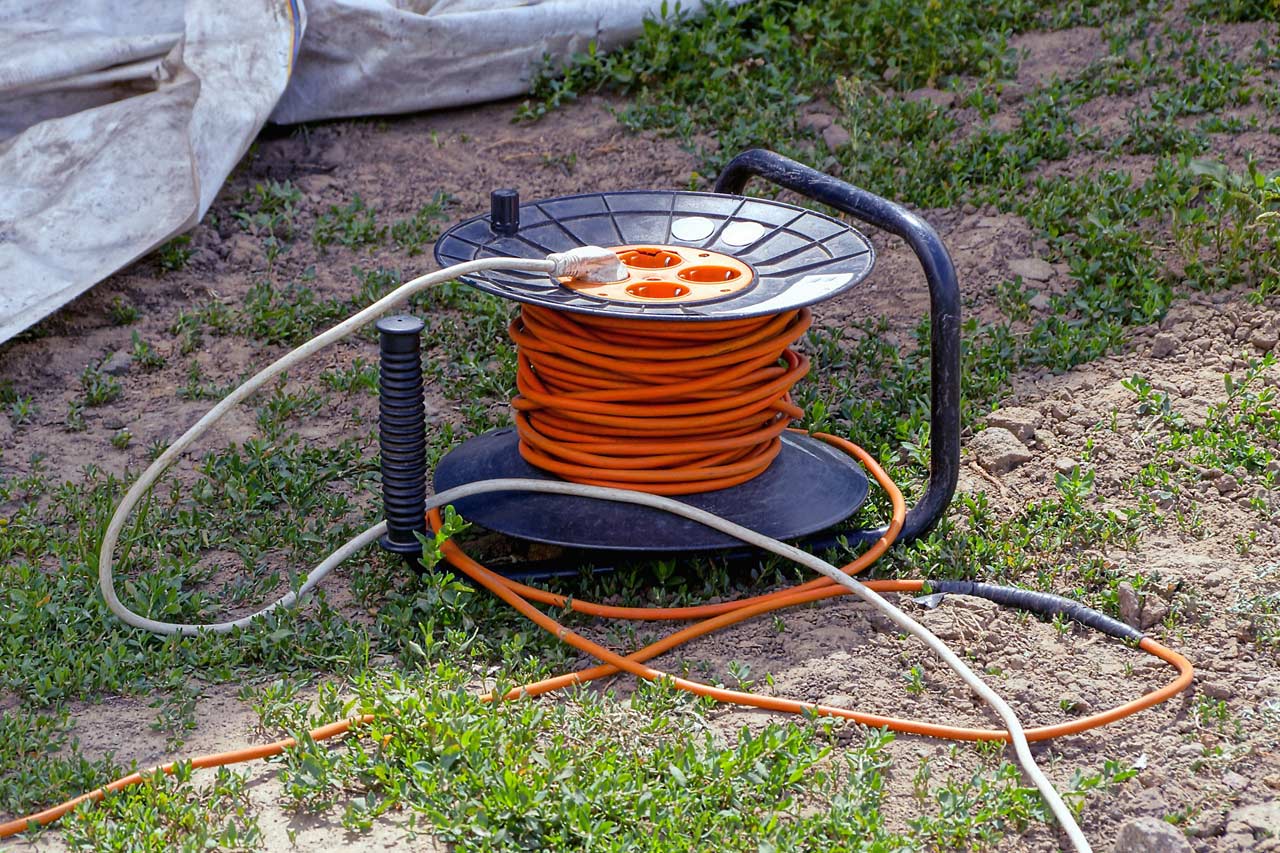
They feature a rugged, water-resistant casing to protect against moisture, temperature changes, and UV light. For more demanding tasks, heavy-duty extension cords come in handy. These cords have a thicker gauge, which allows for the transmission of higher power without overheating or damaging the cord. Always remember to choose the right cord for the job to ensure safety and efficiency.
Top Features To Look For In Outdoor Extension Cords
Outdoor extension cords are specifically designed to withstand weather conditions, unlike other types. They are encased in a durable, water-resistant cover that can handle temperature changes and UV light exposure. When shopping for outdoor extension cords, look for key features such as a grounded plug for safety, a high-gauge wire for high power demand, and a bright color for visibility.
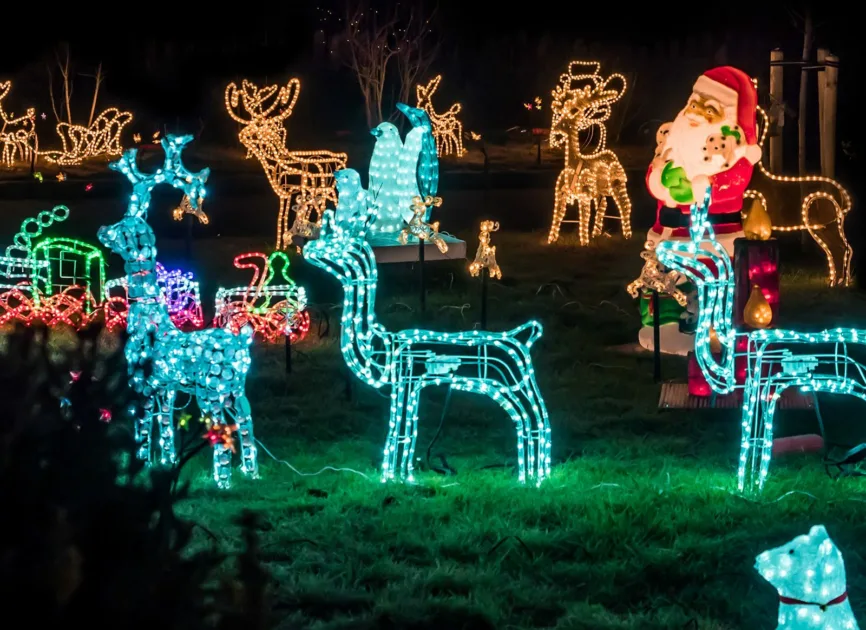
Additionally, consider the cord’s length to ensure it suits your needs. Some outdoor cords also have multiple outlets for convenience. Remember, using the right extension cord not only ensures an efficient power supply but also promotes safety in your outdoor spaces.
Significance Of Weather-Resistant Extension Cords
Weather resistance is crucial for outdoor extension cords, protecting them from elements like rain, snow, and UV rays. Types range from light-duty (ideal for small appliances) to heavy-duty cords (perfect for power tools). When choosing, consider your weather conditions and usage needs. For instance, a cord with a high IP rating is ideal for wet climates. Picture this: You’re hosting a backyard party, but suddenly it rains.
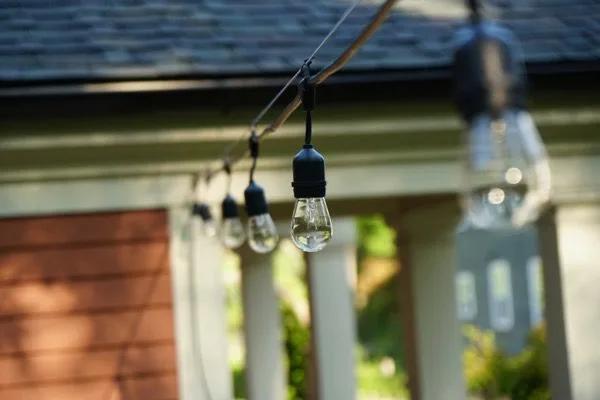
With a waterproof outdoor extension cord, your outdoor lighting continues to shine, keeping the party alive. Thus, weather-resistant extension cords are not just functional, but they also enhance safety and convenience in our outdoor spaces.
Calculating Power Requirements
Assessing power needs is critical when choosing outdoor extension cords. Overloading can lead to overheating, potential fire hazards, and damage to your equipment. To calculate power requirements, add up the wattage of all devices you plan to connect. If the total exceeds the extension cord’s capacity, it’s overloaded. For instance, if you’re running a 600W outdoor heater and a 200W light from a 1000W-rated cord, you’re safe. However, adding a 300W pump would overload it.
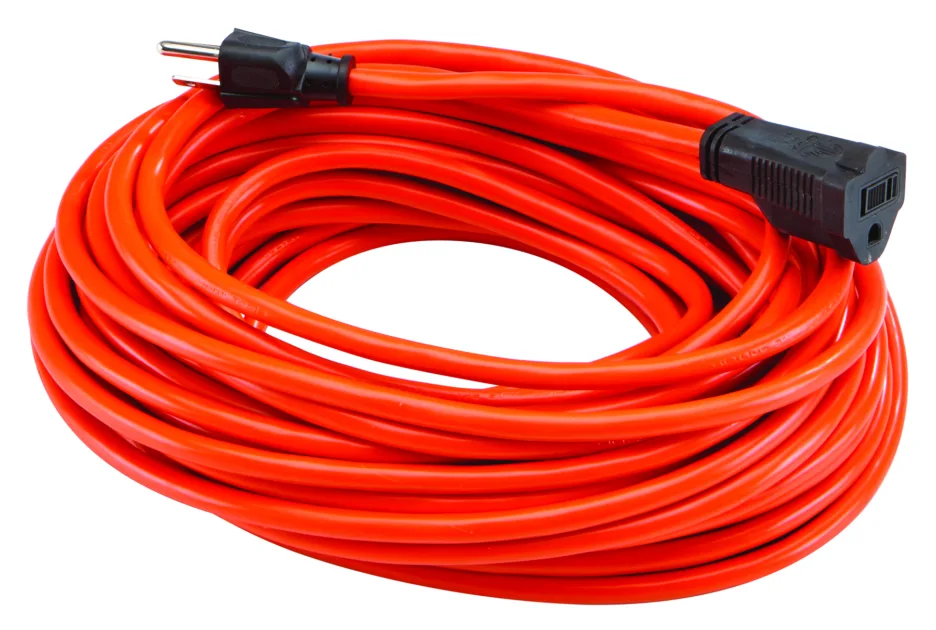
Always ensure your outdoor extension cord can handle the combined wattage of your devices. Remember, safety comes first. So, manage power needs wisely to prevent accidents and prolong the life of your outdoor extension cords.
Safety Practices For Extension Cord Users
Safety is paramount when using extension cords. Overloading them can lead to fire hazards, while cords running across walkways can cause tripping accidents. To prevent these issues, never exceed the cord’s wattage limit and keep electrical cords away from high-traffic areas. Regular inspection and maintenance are also key. Look for signs of wear, fraying, or damage. If found, replace the cord immediately.
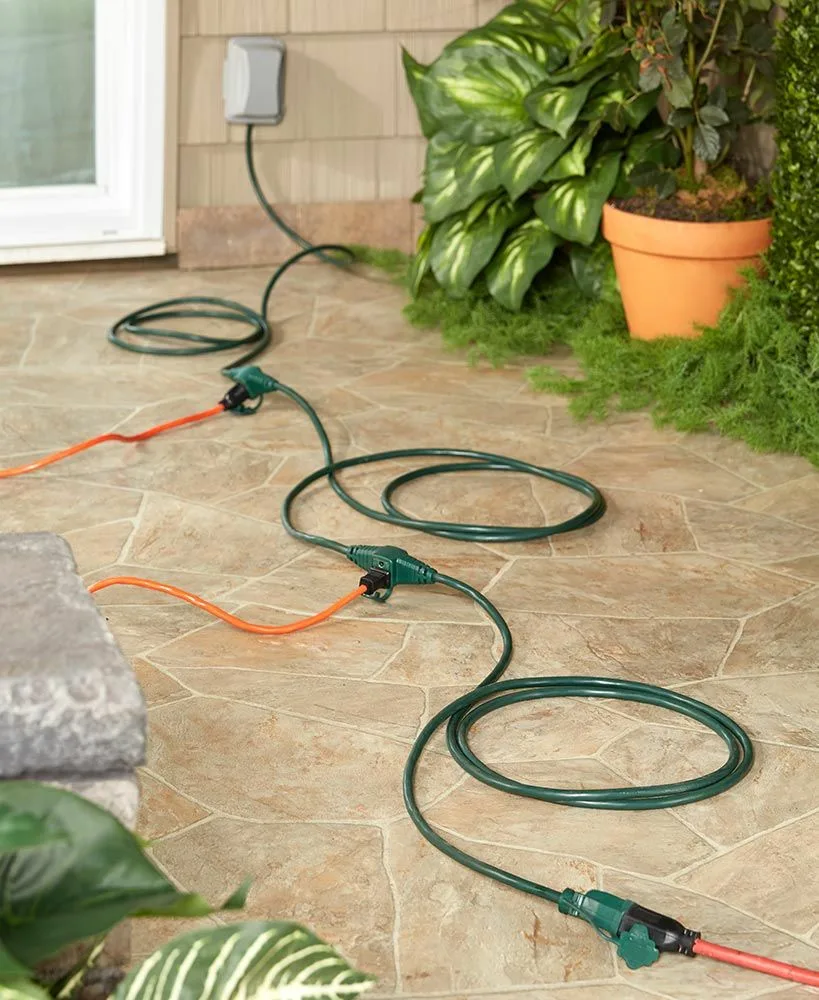
Grounding is another important aspect; always use a grounded (three-pronged) plug for safety. Also, consider using cords with a Ground Fault Circuit Interrupter (GFCI) for extra protection against electrical shocks. Remember, safe extension cord usage not only protects you and your equipment, but also prolongs the life of your cords.
Finally
In summary, the right outdoor extension cord is crucial for safety and efficiency, especially during holidays. Choose a weather-resistant cord suitable for outdoor use and your power requirements. Prioritize safety and informed decision-making to safeguard against hazards. Regular checks and maintenance can help avoid issues. If unsure, select a cord with more capacity than needed – it’s safer to have excess power. Your holiday season can sparkle safely with the correct outdoor extension cord.

